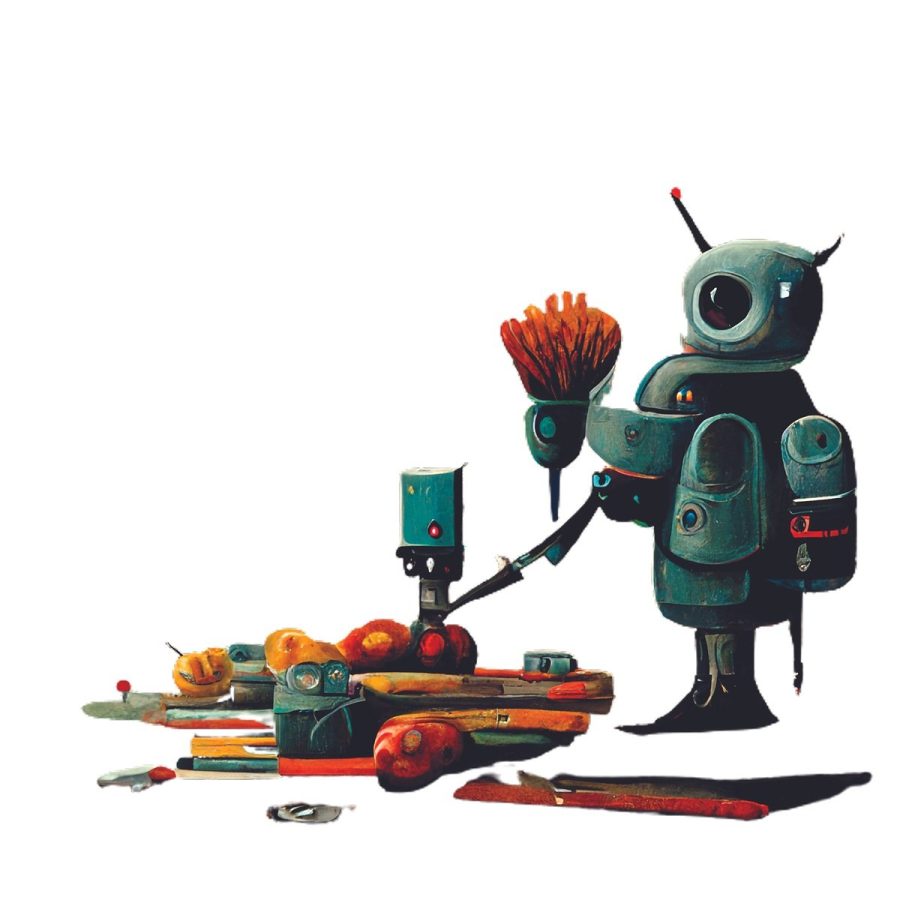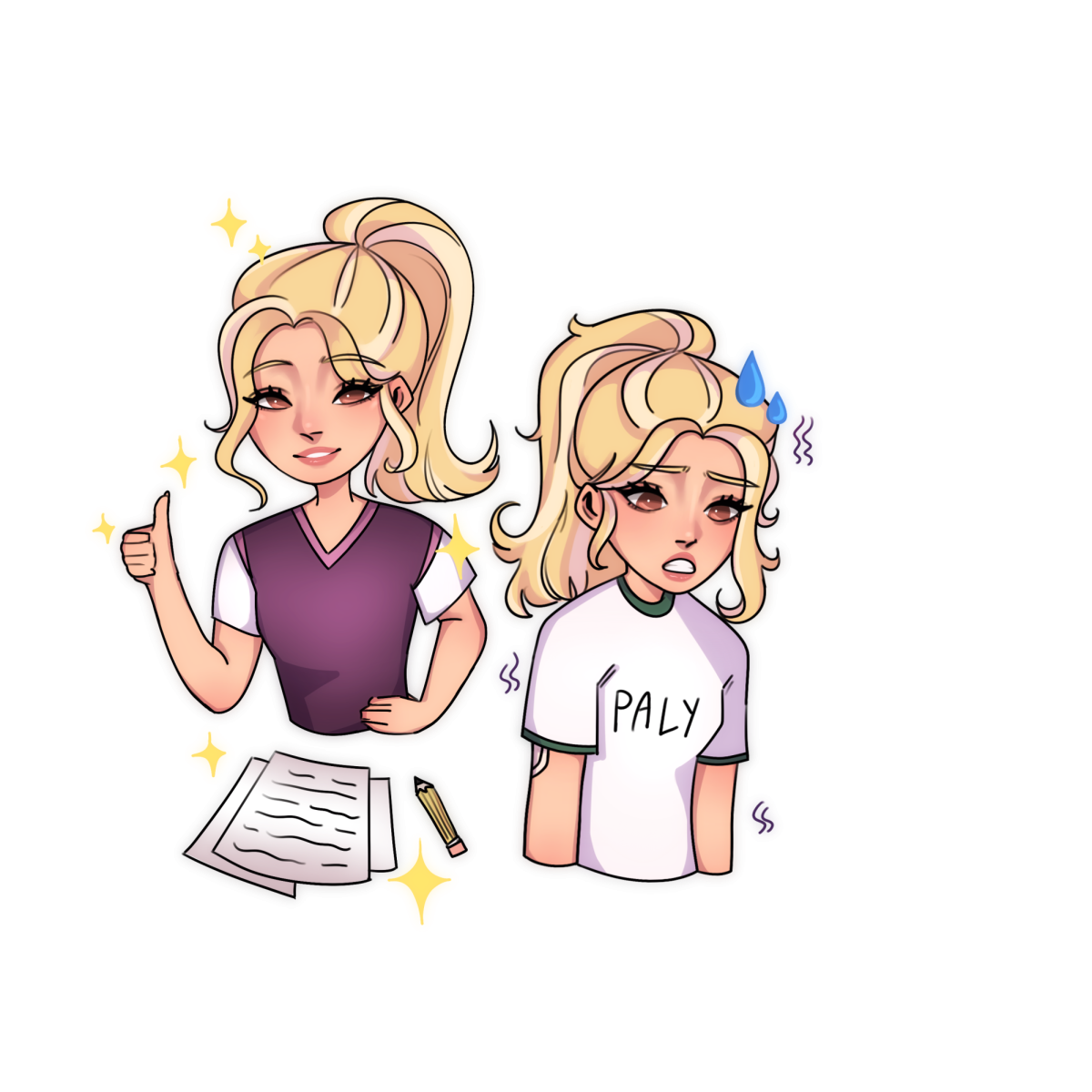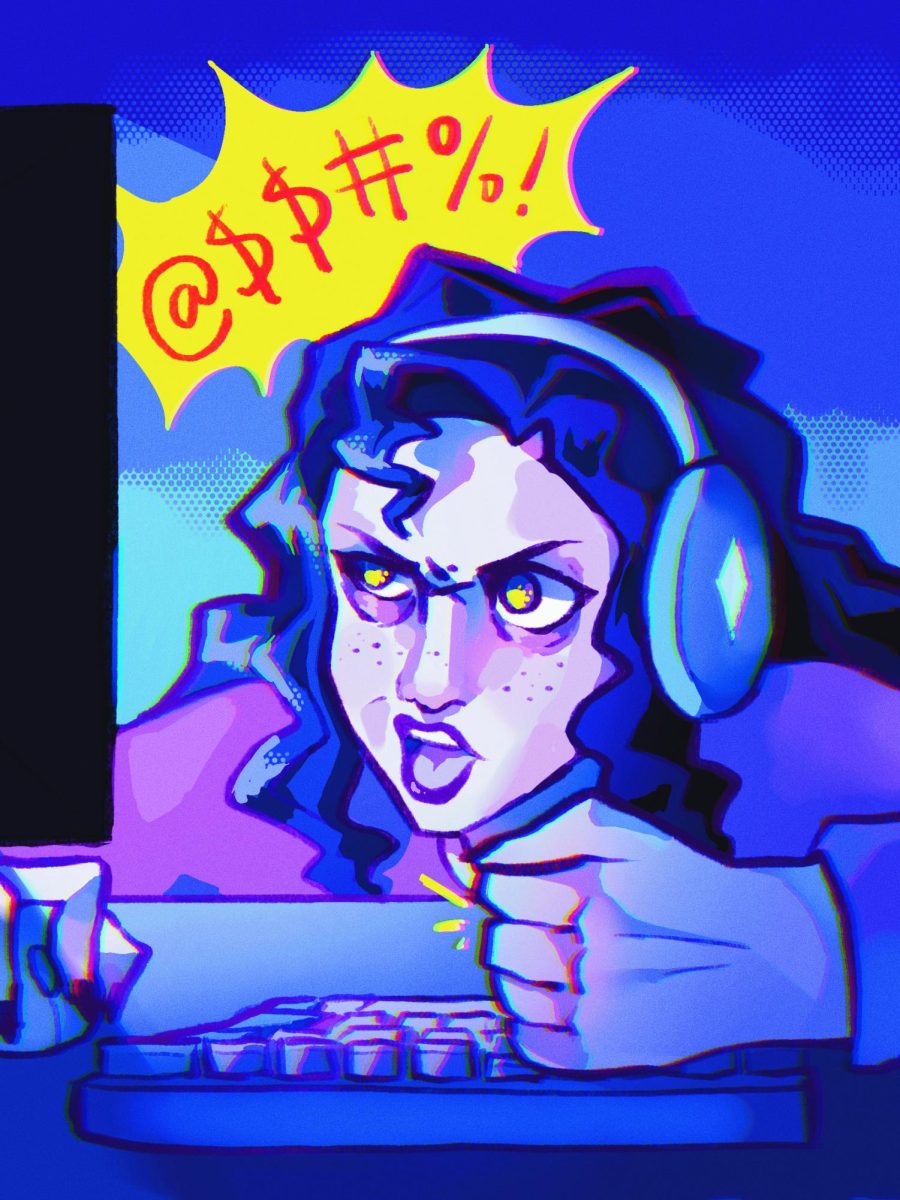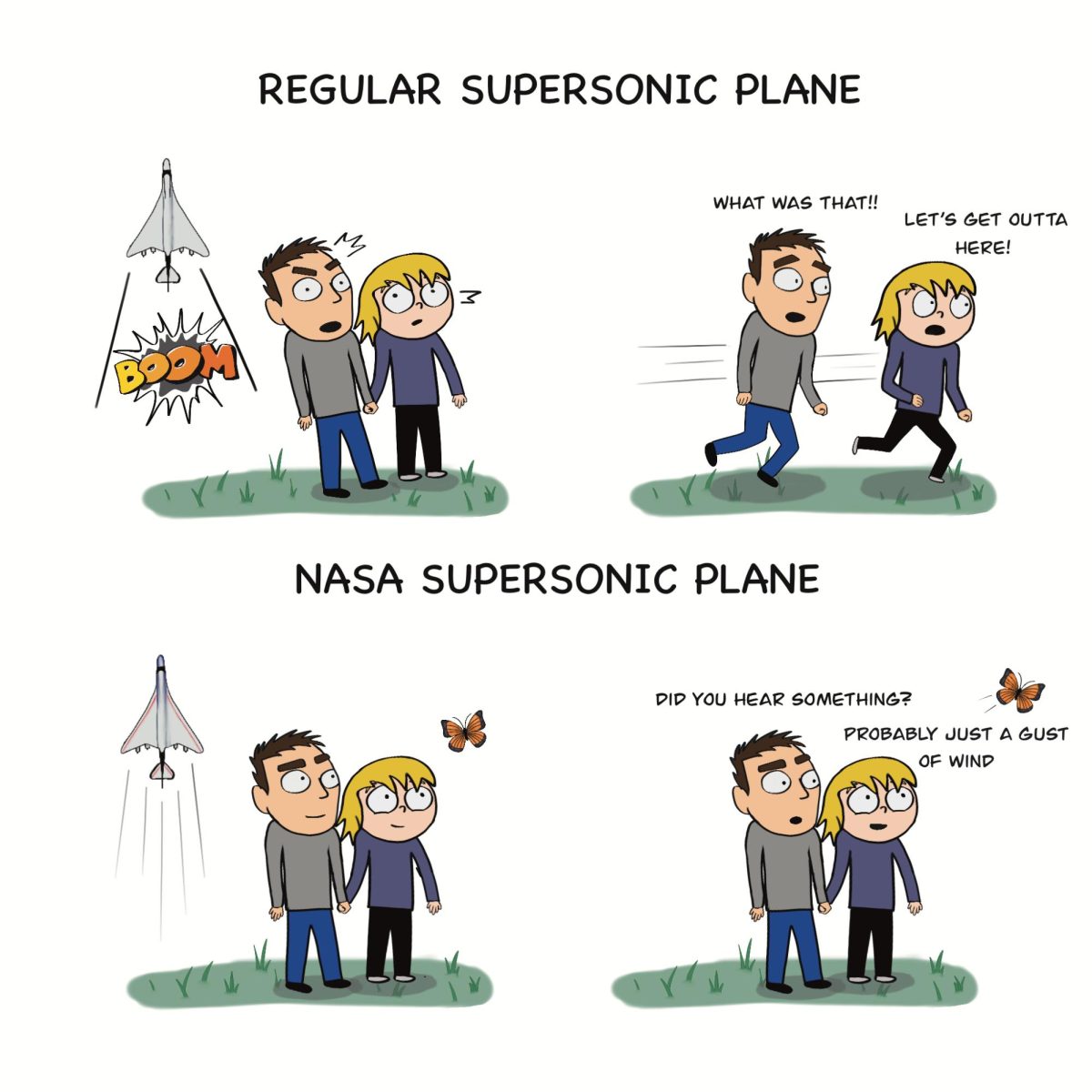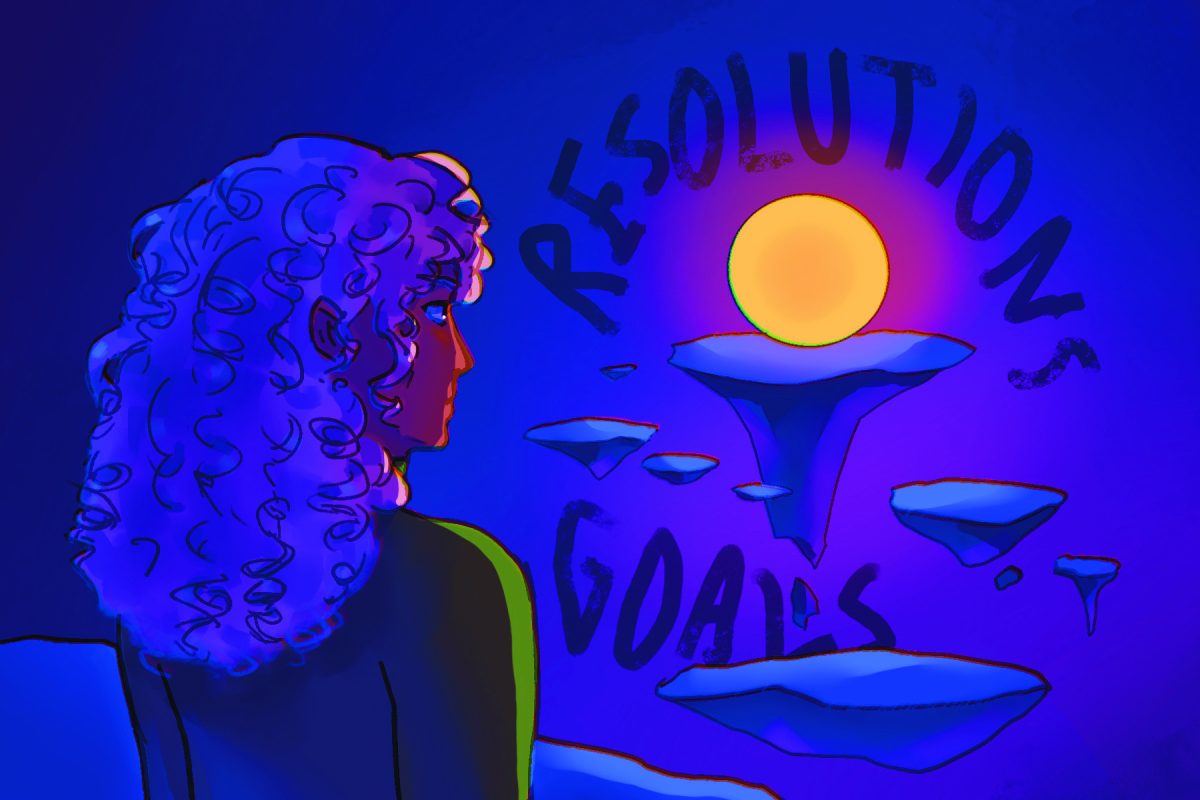Developments in artificial intelligence have defined a new field of digital creativity, expanding what is officially classified as art. However, this technological advancement has raised concerns about the legality and morality of AI-generated works.
AI art was first introduced in the 1960s when researchers built autonomous robots that trained machines to generate visuals. Now, computer programs mimic human minds, and AI creates unique artworks with just the press of a button.
AI art generators exist across the internet, giving rise to successful companies such as NightCafe, DALL-E-2, Artbreeder and Midjourney. Yet Computer Science Principles teacher Matthew Rossilion said there are many potential legal concerns that come with using digital art generators.
“I generally see AI art in conflict with copyright laws and areas of fair use,” Rossilion said. “The general four factors (of fair use) we look at, we should take that into account.”
Fair use, which is the copying of any copyrighted material done for a limited and specific purpose, can be generalized as a defenes against copyright infringements. Rossilian said fair use focuses on the purpose and character of its use, the nature of the copyrighted work, how much is used in relation to significance and its impact on the market.
“I wonder what exact algorithms it goes through (and) see how it selects stuff and how much of this inspiration it takes from somebody,” Rossilion said. “A lot of art, in general, gets inspiration from somewhere or someone else, but (it’s strange) when it comes to artificial intelligence taking and learning from a real person’s work.”
From to U.S. Copyright Laws, images created from text prompts are not specificed and can not be subjected to copyright protection. So, though AI-generated art does not break any laws, art teacher Tracey Atkinson said the uncanny ability to mimic art from a person’s natural ability to create unique works opens up new and concerning possibilities for artificial intelligence.
“I’ve seen artists find their artwork online, except that it wasn’t really made by them, but copied styles from computers being bought by people,” Atkinson said. “It looks like the styles of artists, but it’s not by that artist, and that’s very disturbing.”
Atkinson said she views AI art as an unfair, eerie cheat system that provides more harm than benefit.
“In any profession in any field, if somebody steals the skill that you have spent years creating, that’s disturbing,” Atkinson said. “I have not seen enough benefits it gives, other than (that art) can seem more affordable for the masses from the work of a computer.”
Atkinson also said that while AI assisted generators are appealing because of their accessibility, they detract from the purpose of art.
“(AI generators) are fast and easy in an attractive way. But when you look closer, the humanity is gone out of that,” Atkinson said. “Art is one way that people still keep their humanity. If computers are imitating that, the soul isn’t there, (and) the identifying with another person, which humans need, is not there.”
Similarly, junior art student Jada King said AI art generators are not used the way artists use and produce drawings. She implies that ai art is unethical and unfair.
“I personally think that training AI on artwork kind of counts as simply making modifications to the artwork in question since AI isn’t starting with a blank canvas like artists are,” King said. “People generally use these AI arts for profit, and the AI works aren’t really entirely original in my eyes, so it almost feels like they’re making money off of things other artists did.”
Because of moral concerns, King said she does not consider AI-generated works to be true art.
“The things that AI creates don’t actually have any meaning to them because AI cannot impart meaning, and actual art is created to have meaning and express thought,” King said. “It’s kind of like AI-generated short stories. Sure, the words make sense, and it’s funny to read, but in the end, there’s no meaning in it, which is why the publishing business can sleep well for now.”

